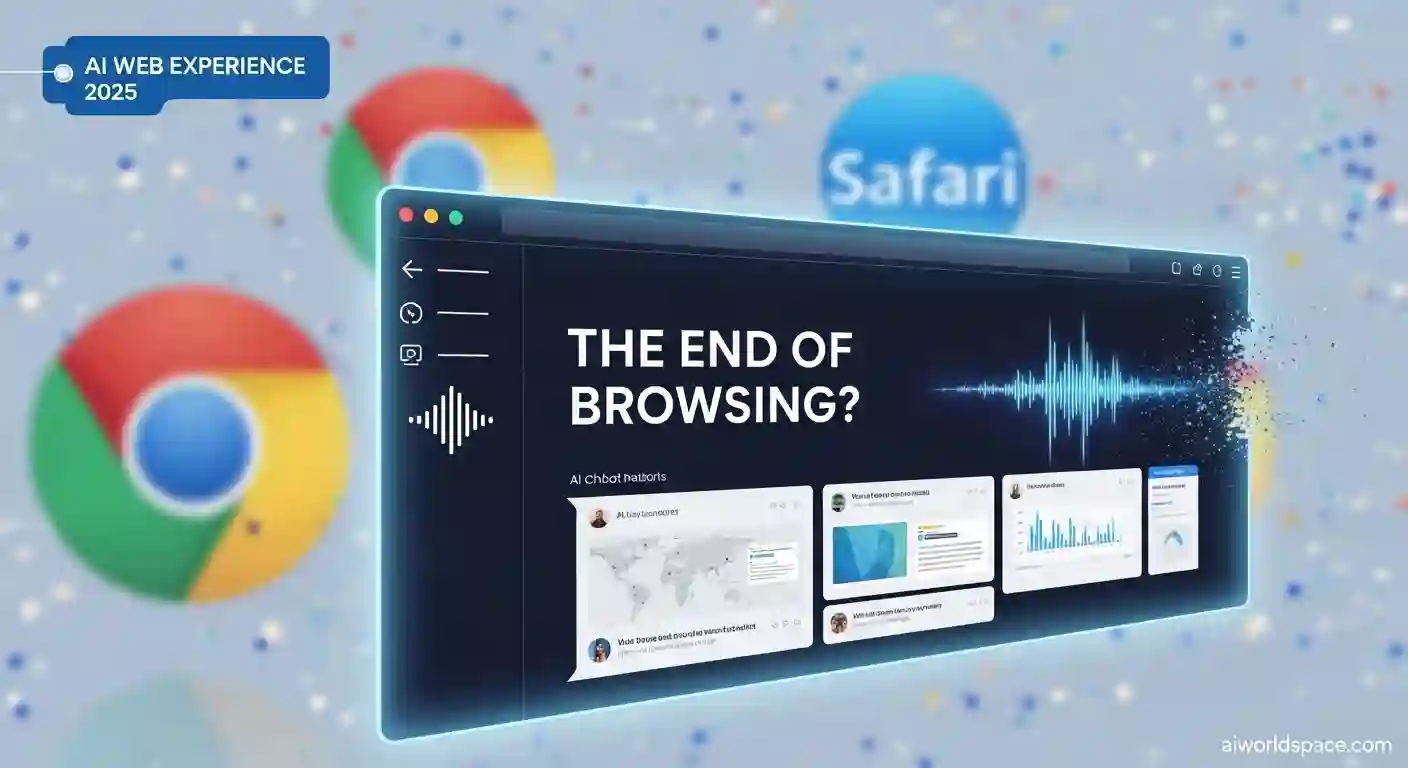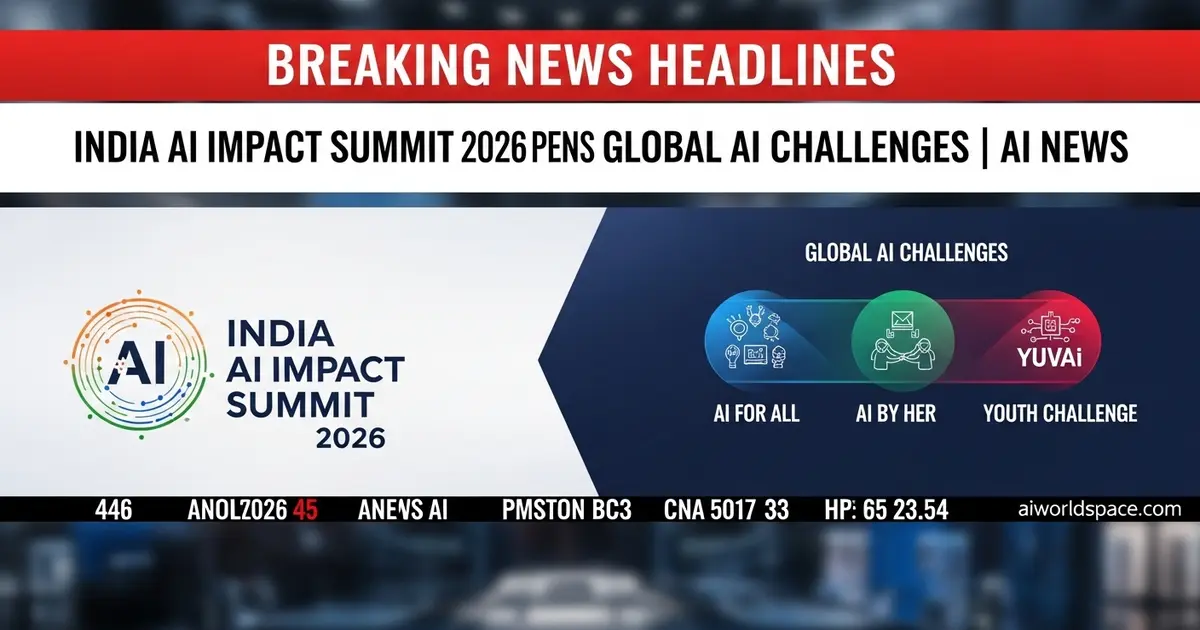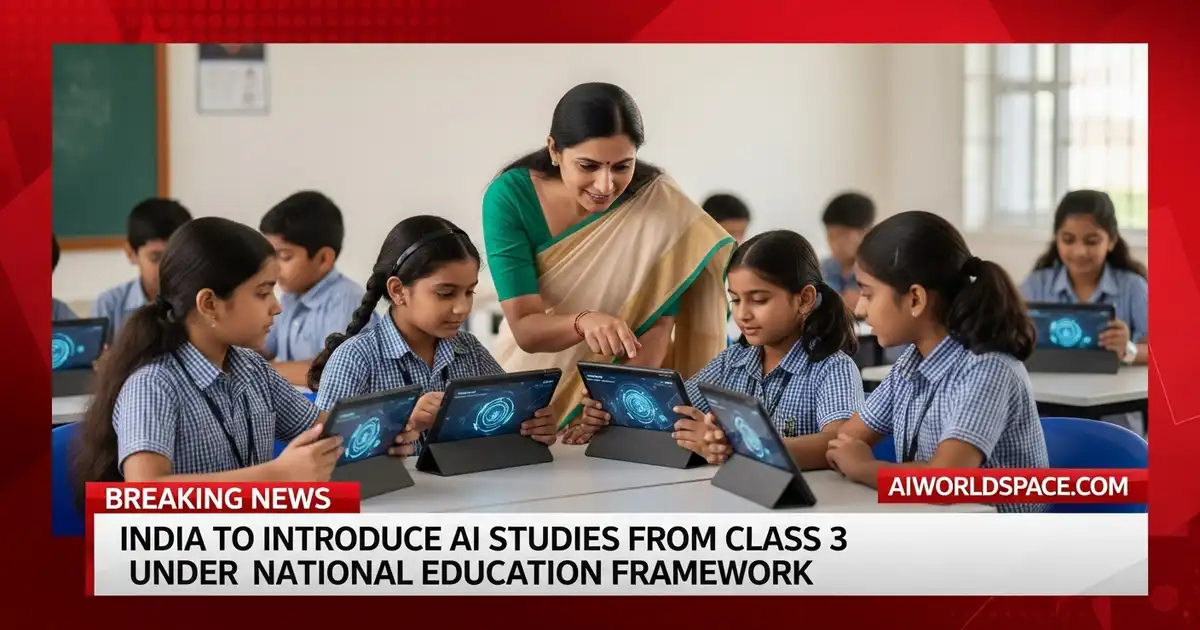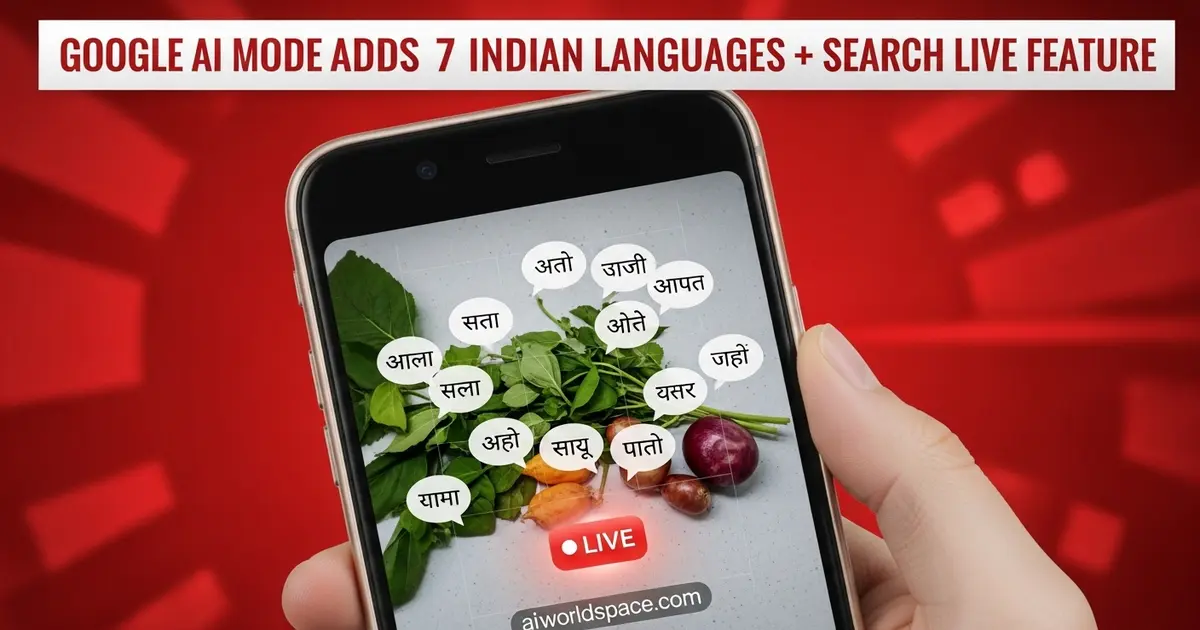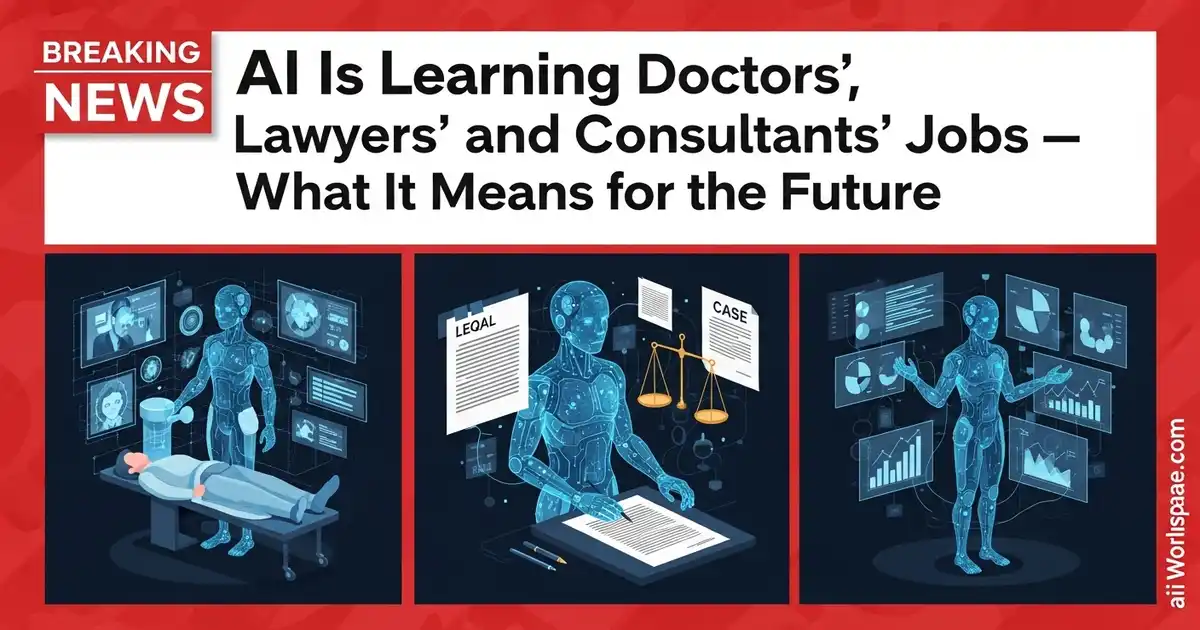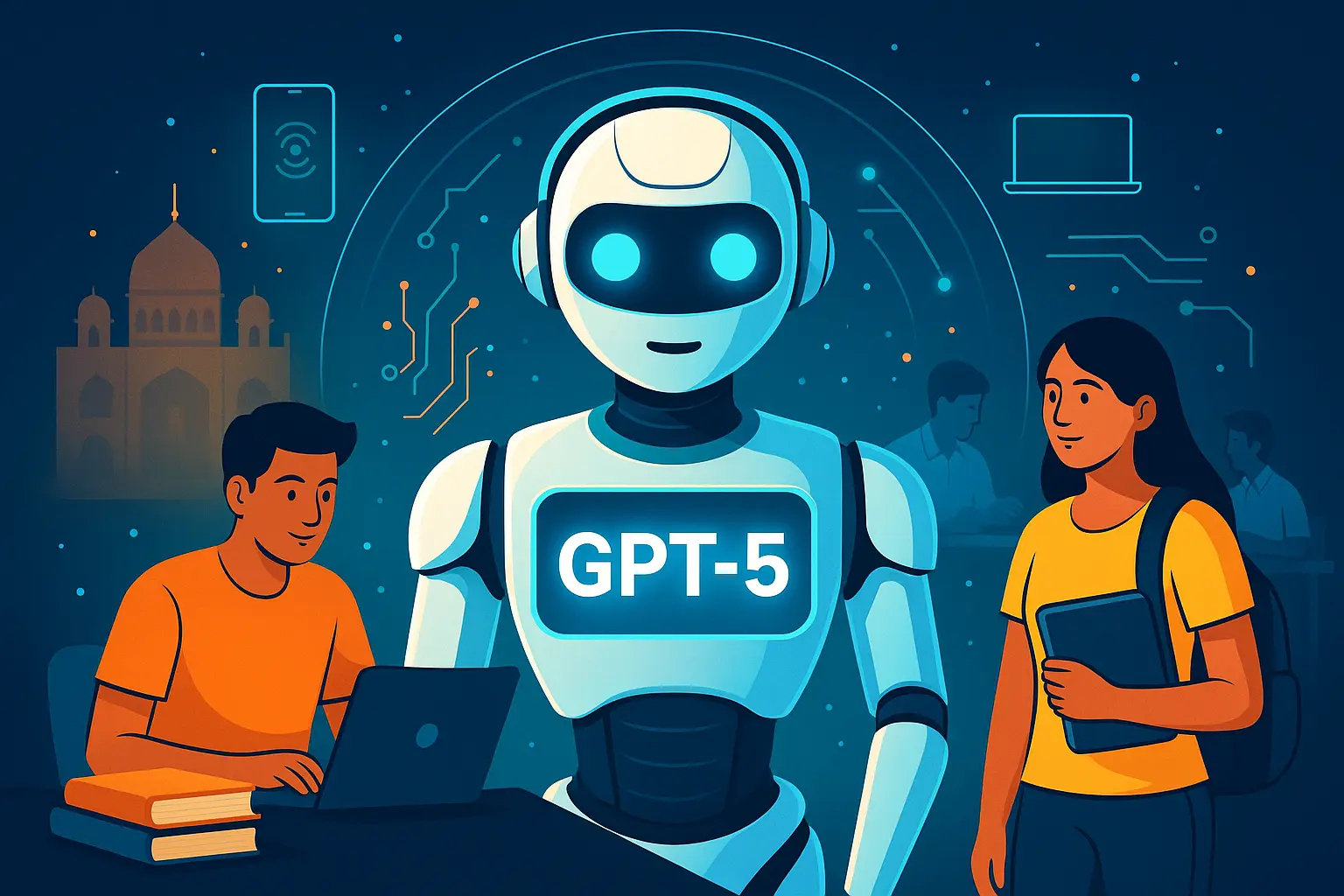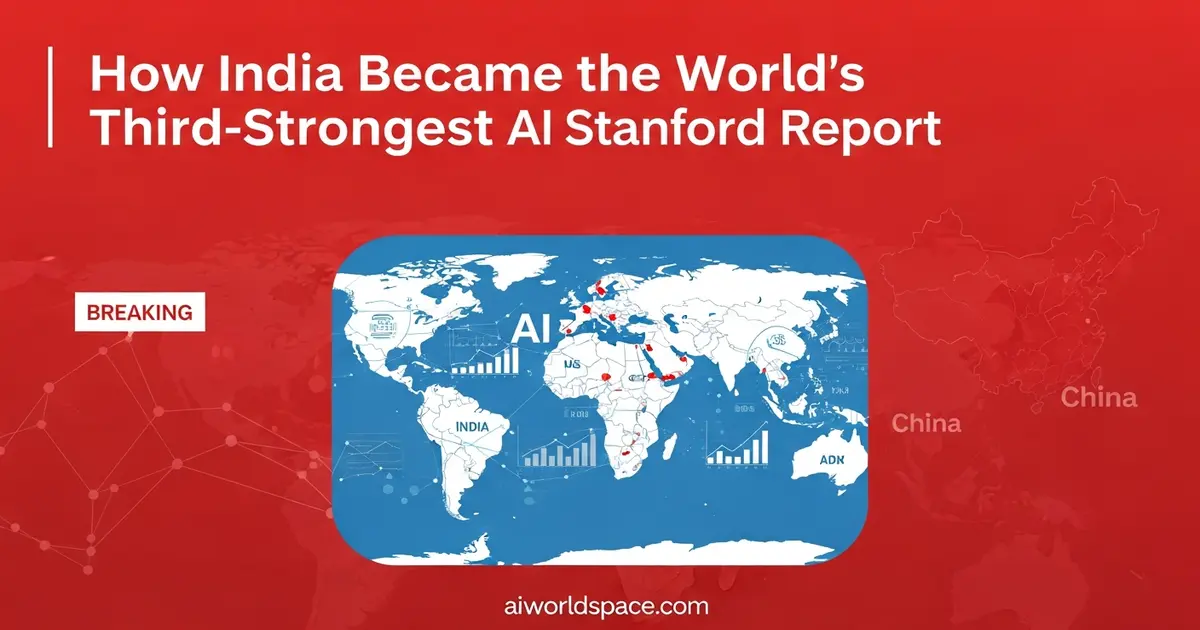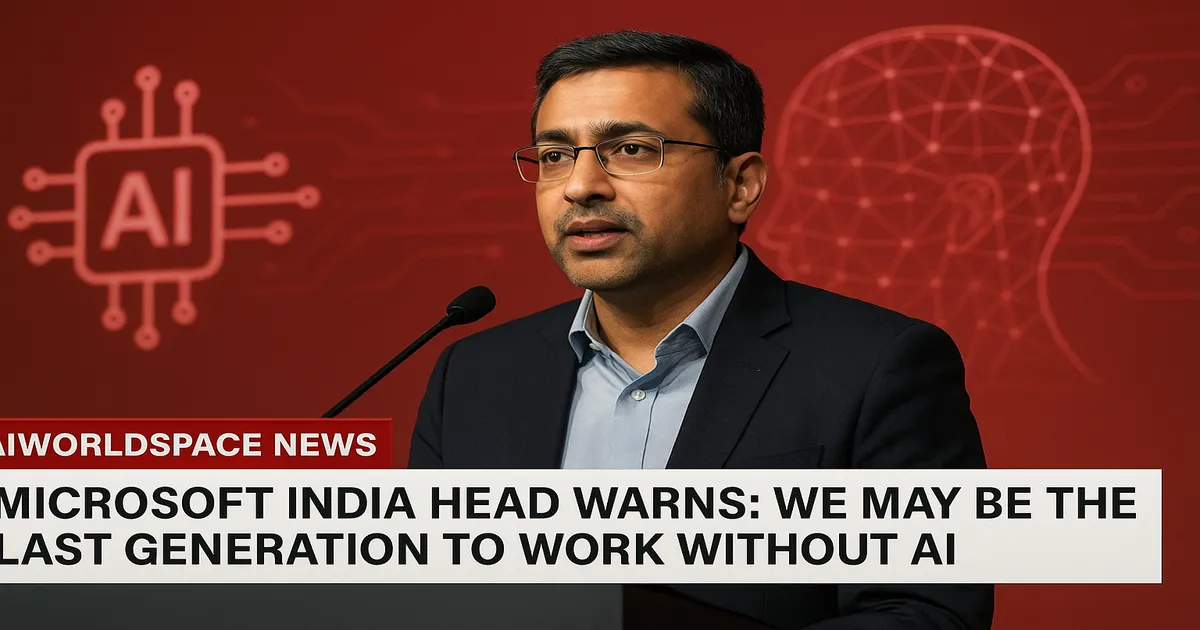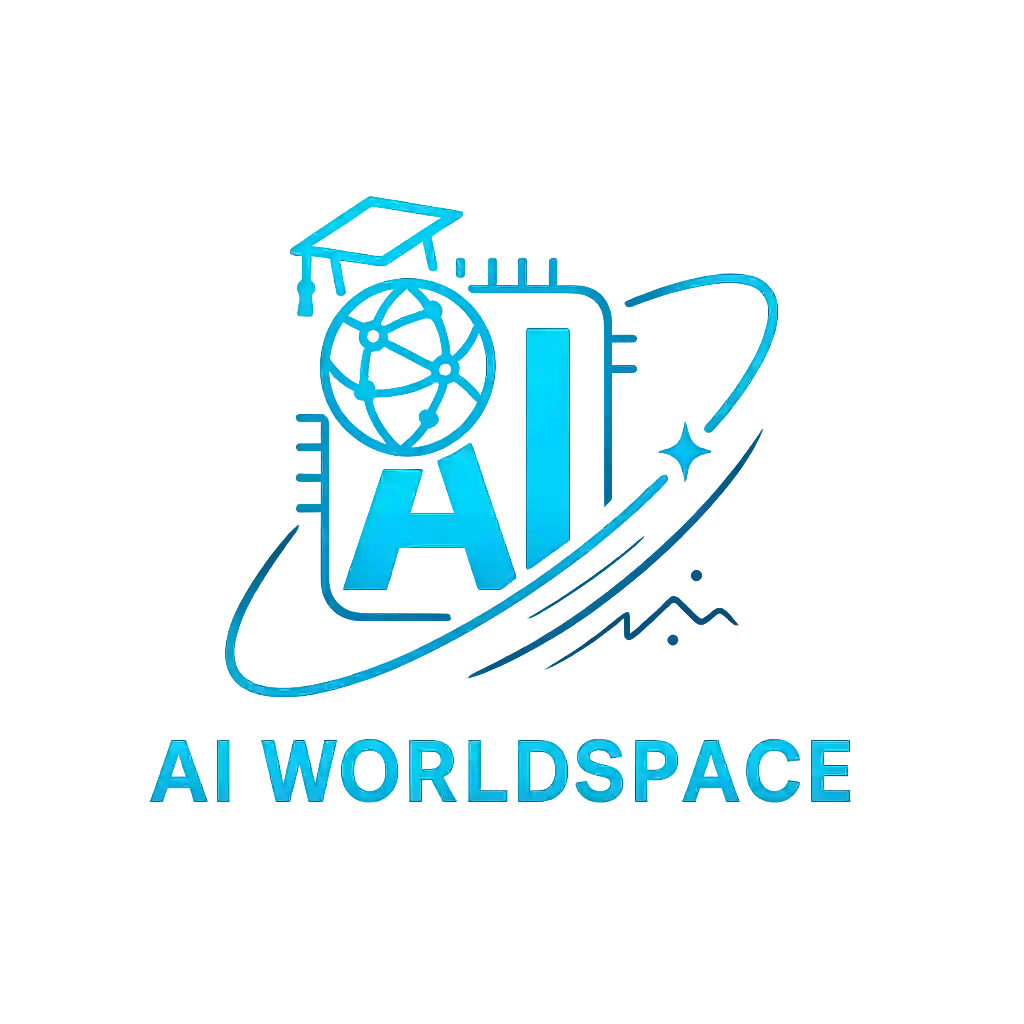India | 13 July 2025 | Read Time: 2.5 minutes
Summary:
AI isn't just changing how we search — it's changing how we use the internet. A new wave of AI-first browsers may soon make tabs, history, and even Google search feel outdated.
Could Chrome and Safari Become Obsolete?
A quiet revolution is reshaping the web — and it doesn’t look like your typical upgrade. The future of browsing is no longer about faster tabs or sleeker design; it’s about AI-first experiences that feel more like talking to an assistant than typing into a box.
Startups like Arc, Perplexity, and even OpenAI are building browsers where the interface disappears and intent becomes the engine. Google’s not sitting quietly either — it’s already onboarding ex-Windsurf engineers to build Gemini-integrated browser models that could replace Chrome as we know it.
Here’s how the future could look:
- Ask: “Which phone under ₹30,000 is best this week?”
Get: A ready comparison table, reviews, and a clear suggestion — no clicking ten blue links. - Say: “Plan a trip based on my old bookings.”
And your browser pulls flight data, calendar gaps, and gives a destination idea — automatically.
How AI Browsers Will Change the Way You Experience the Web
- No More Tabs or History:
Your browser remembers your last conversation — not just your last URL. You resume where you left off, context intact. - Every Internet is Personal:
Two users won’t see the same results — not even close. AI tailors content to your habits, interests, and intent. - Anticipation Over Interaction:
Your browser knows when you’re planning travel, researching health, or looking for offers — and it shows up proactively. - Multimodal by Default:
Voice, text, image — all blend in one flow. It won’t look like Chrome, but like talking to an expert who just happens to live inside your screen.
So, Are Traditional Browsers Headed for Extinction?
Not overnight — but the shift is real. Chrome, Safari, and Firefox will need to evolve fast. If they fail to embed AI deeply, users may drift toward smarter, context-rich platforms that understand rather than respond.
Even Google, which dominates today’s browser space, has already sensed the urgency. Its silent Windsurf pivot shows just how seriously it’s taking the AI browser race.
The Bigger Shift: From Clicking to Conversing
AI-first browsers signal a fundamental change in how we interact with the web. You won’t “browse” anymore — you’ll converse, command, and collaborate. And the browser will know what you mean before you know how to ask.
We’re not just looking at new tools — we’re stepping into a new way of experiencing the internet itself.
Also read:
SpaceX Pumps $2 Billion into xAI: Is Elon Musk Building the Next AI Superpower?
IIT’s New MRI Lab Wants to Disrupt Medical Imaging — And AI Is at the Core
#ainews,#aiupdates,#ailatestUpdate

